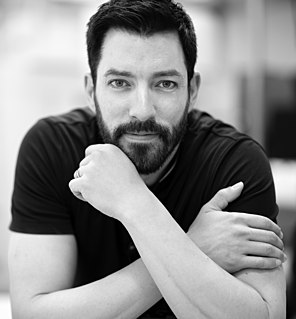A Quote by Seth Klarman
There are only a few things investors can do to counteract risk: diversify adequately, hedge when appropriate, and invest with a margin of safety. It is a precisely because we do not and cannot know all the risks of an investment that we strive to invest at a discount. The bargain element helps to provide a cushion for when things go wrong.
Related Quotes
If you invest and don't diversify, you're literally throwing out money. People don't realize that diversification is beneficial even if it reduces your return. Why? Because it reduces your risk even more. Therefore, if you diversify and then use margin to increase your leverage to a risk level equivalent to that of a nondiversified position, your return will probably be greater.
Unlike return, however, risk is no more quantifiable at the end of an investment that it was at its beginning. Risk simply cannot be described by a single number. Intuitively we understand that risk varies from investment to investment: a government bond is not as risky as the stock of a high-technology company. But investments do not provide information about their risks the way food packages provide nutritional data.
We invest in things like the future, like our children, like education. In other words, we invest in things that we understand we will not see an immediate return of investment but everybody knows it will have a positive impact and you can easily measure it over the course of time. Your why is exactly the same thing.
I recognize the inequities certain cultures have to go through. I understand the history of slavery. I know all those things. But I'm not a victim. I can vote, I can participate, I can invest my money, I can invest my time, and that's what I'm doing. I'm not working for anybody. I'm not making any money doing what I'm doing. I'm doing it because someone did it for me.
If you understood a business perfectly and the future of the business, you would need very little in the way of a margin of safety. So, the more vulnerable the business is, assuming you still want to invest in it, the larger margin of safety you'd need. If you're driving a truck across a bridge that says it holds 10,000 pounds and you've got a 9,800 pound vehicle, if the bridge is 6 inches above the crevice it covers, you may feel okay, but if it's over the Grand Canyon, you may feel you want a little larger margin of safety.
Investors should pay attention not only to whether but also to why current holdings are undervalued. It is critical to know why you have made an investment and to sell when the reason for owning it no longer applies. Look for investments with catalysts that may assist directly in the realization of underlying value. Give reference to companies having good managements with a personal financial stake in the business. Finally, diversify your holdings and hedge when it is financially attractive to do so.
































